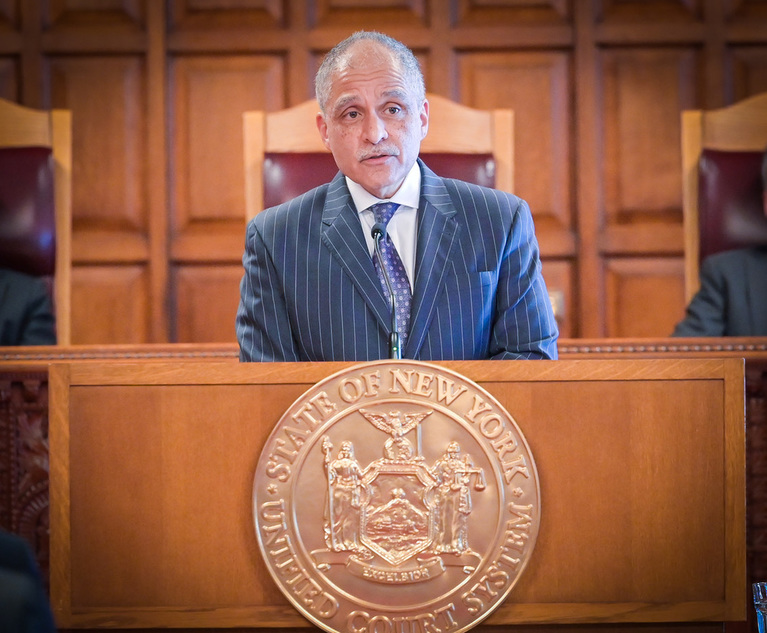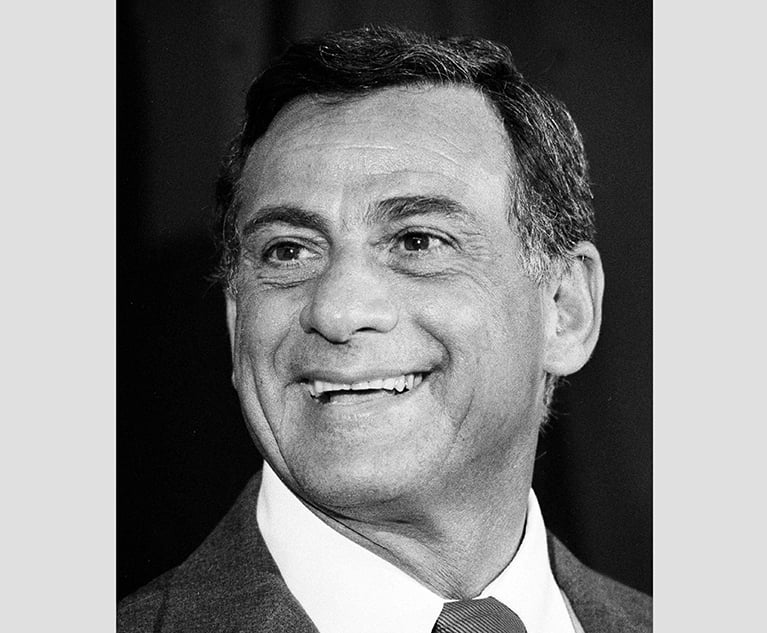Governor Cuomo signed the COVID-19 Emergency Eviction and Foreclosure Prevention Act of 2020 (L. 2020, c. 381; COVID Relief Act) on Dec. 28, 2020 providing needed and welcome, albeit temporary, housing security for many vulnerable New Yorkers as the State recovers from a continuing health pandemic. The COVID Relief Act, however, perpetuates a glaring omission in New York law by excluding a single class of New York residents—owners of co-op apartments. There are an estimated 350,000 co-op units in New York and they alone are excluded from COVID Relief Act protections afforded renters and owners of condominium units and 1-3 family homes. The gross disparity in treatment under New York law and lack of equivalent protections for vulnerable co-op owners is a problem that has long vexed housing advocates and extends far beyond the COVID Relief Act. COVID-19 has only highlighted the urgent need to treat all New York homeowners equally and fairly.
A co-op owner in his late 80s called the City Bar Justice Center’s Legal Hotline out of sheer frustration and dread. Mr. R. lives alone in a modest co-op apartment on the Upper East Side and operates a design business nearby serving a loyal client base for over half a century. Mr. R purchased his home in the 1980s when his rental building converted to a residential cooperative corporation. He had taken a loan to support his business using his home as collateral to secure repayment. His business had suffered a significant drop in income because of scaffolding and construction for the 2nd Avenue Subway line blocking visibility and access to his shop. He believed he needed the additional funds to support his business until the subway extension was complete.


 Apartment buildings in New York City. (Photo: Victor J. Blue/Bloomberg)
Apartment buildings in New York City. (Photo: Victor J. Blue/Bloomberg)




